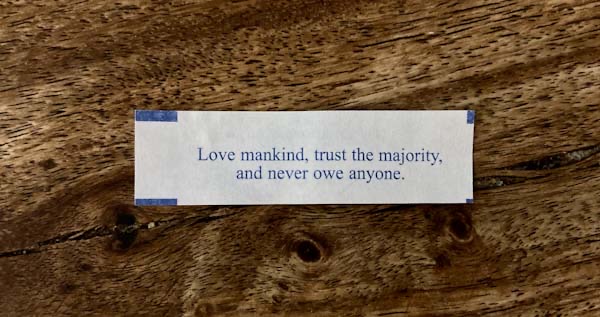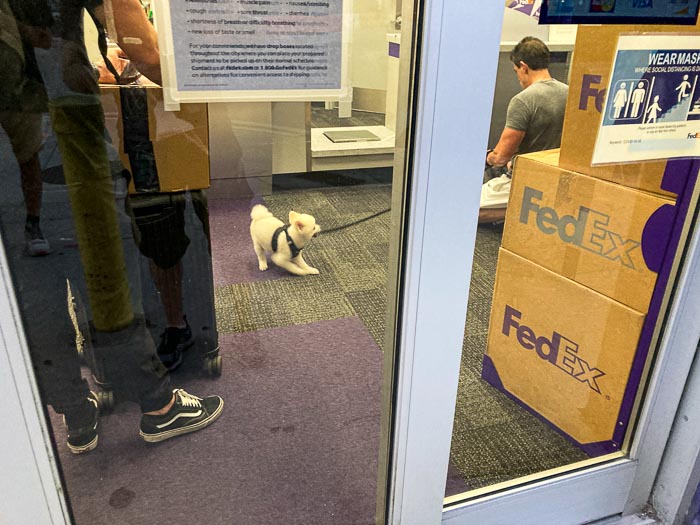
 Jonathan
Jonathan
“How Twitter Pushed Stakeholders under the (Musk) Bus”
Here.
Abstract:
This paper provides a case study of the acquisition of Twitter by Elon Musk. Our analysis indicates that when negotiating the sale of their company to Musk, Twitter’s leaders chose to disregard the interests of the company’s stakeholders and to focus exclusively on the interests of shareholders and the corporate leaders themselves. In particular, Twitter’s corporate leaders elected to push under the bus the interests of company employees, as well as the mission statements and core values to which Twitter had pledged allegiance for years.
Our analysis supports the view that the stakeholder rhetoric of corporate leaders, including in corporate mission and purpose statements, is mostly for show and is not matched by their actual decisions and conduct (Bebchuk and Tallarita (2020)). Our findings also suggest that corporate leaders selling their company should not be relied upon to safeguard the interests of stakeholders, contrary to the predictions of the implicit promises and team production theories of Coffee (1986), Shleifer-Summers (1988) and Blair-Stout (1999).
There is tension between the interests of owners and those of other “stakeholders”, which is why the interests of non-owner stakeholders require justification as in the linked article. The authors beg the question — they assume stakeholder interests are comparable to owner interests — then find a problem because Musk values his ownership interest in Twitter above the interests of the people he bought out and of the company’s non-owner employees. So what should Musk get in exchange for the $billions he spent? Arguments for more stakeholder rights are arguments for less property rights.


